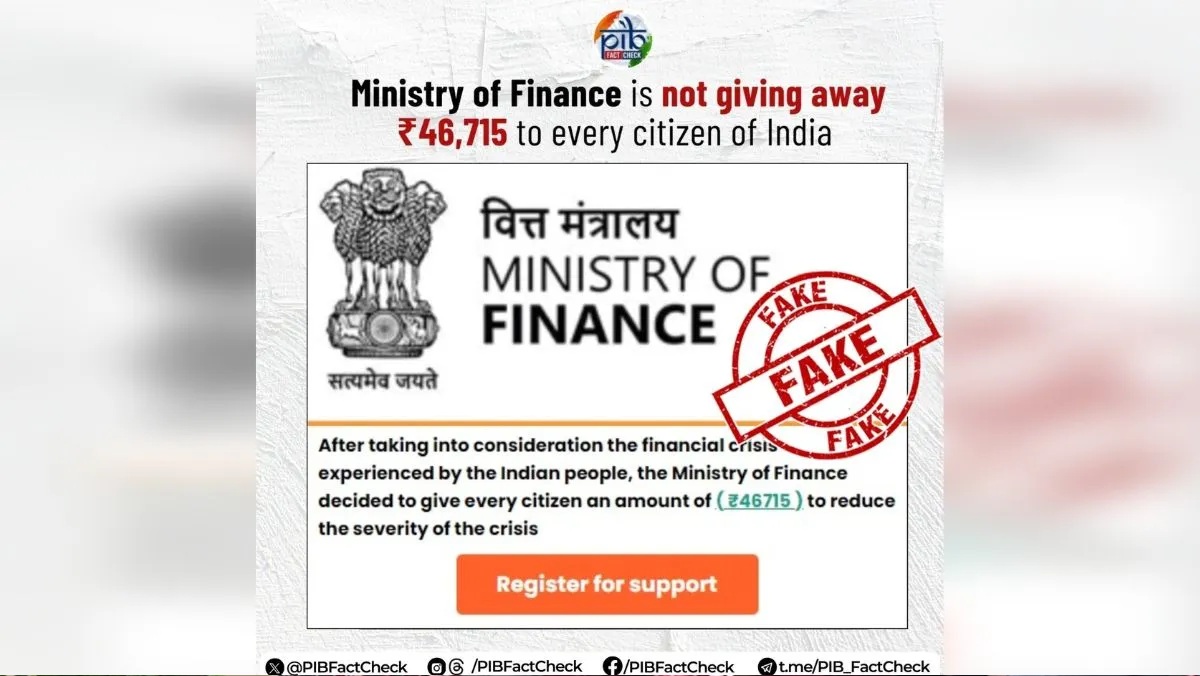Is the Private Credit Boom Over? Dimon Sounds the Alarm

Jamie Dimon, CEO of JPMorgan Chase, has consistently voiced concerns about the rapid growth of private credit. Now, he's suggesting the sector's explosive growth might be nearing its end. This article explores Dimon's perspective, examines the current state of the private credit market, and considers what a potential slowdown could mean for investors and the broader economy.
What is Private Credit and Why Did it Explode?
Private credit involves lending directly to companies, bypassing traditional banks. It’s become increasingly popular in recent years, fueled by low interest rates, a desire for higher yields than those offered by government bonds, and the willingness of institutional investors like pension funds and insurance companies to allocate capital to alternative assets. The sector has seen an astonishing boom, with assets under management soaring to over $1 trillion. Private credit firms offer flexible financing solutions, often catering to companies that might struggle to secure loans from banks due to stricter regulatory requirements or risk profiles.
Dimon's Skepticism: A Long-Standing Concern
Dimon's skepticism isn't new. He’s long been wary of the less regulated nature of private credit, highlighting the potential for hidden risks and conflicts of interest. His concerns center around the lack of transparency and the potential for excessive leverage within the sector. He has repeatedly pointed out that the rapid growth of private credit hasn't been adequately stress-tested, particularly in a rising interest rate environment.
Why Might the Boom Be Ending?
Several factors could contribute to a slowdown in private credit. Rising interest rates, a key driver of Dimon's concerns, make borrowing more expensive, potentially dampening demand. Increased regulatory scrutiny is also on the horizon, as policymakers begin to pay closer attention to the sector's rapid expansion. Furthermore, the sheer size of the market raises questions about sustainability. As more capital flows into private credit, it becomes increasingly difficult to find attractive investment opportunities and maintain high returns.
Potential Consequences of a Slowdown
A slowdown in private credit could have several consequences. First, it could impact the companies that rely on this funding source, potentially leading to financial distress. Second, it could affect the returns of institutional investors who have heavily invested in private credit. Finally, it could have broader implications for the financial system, particularly if a significant correction were to occur. However, it’s important to note that a slowdown doesn’t necessarily mean a collapse. A more measured pace of growth could be beneficial, allowing the sector to mature and address some of the existing concerns.
The Future of Private Credit
While Dimon’s warning is a significant one, private credit isn't likely to disappear entirely. It fills a valuable niche in the financial system by providing alternative financing options. However, the sector is likely to face increased scrutiny and regulation in the years ahead. Investors should carefully assess the risks and potential rewards before allocating capital to private credit, and policymakers need to ensure that the sector operates in a safe and sound manner.
Ultimately, Dimon's comments serve as a reminder that even the most rapidly growing sectors of the financial system are not immune to corrections. The private credit boom may be entering a new phase, one characterized by slower growth, increased regulation, and a greater focus on risk management.





:max_bytes(150000):strip_icc()/GettyImages-1742356714-36860dd3b5bf44408fef8f688f293ff1.jpg)
